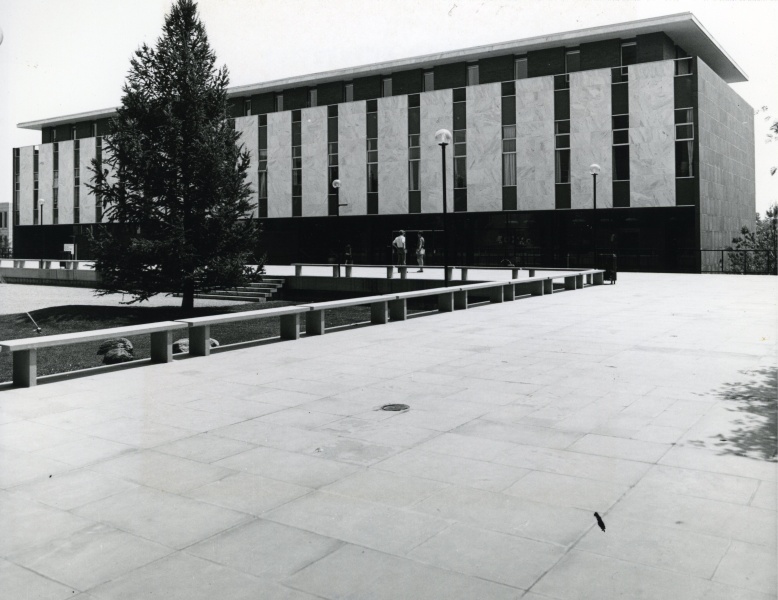PDF
Save today what our allies need tomorrow: food regulation in Canada during the First World War Item Info
- Title:
- Save today what our allies need tomorrow: food regulation in Canada during the First World War
- Creator:
- Barker, Stacey Joanne
- Date Created:
- 2003
- Degree Awarded:
- Master of Arts
- Subjects:
- Food board import export consumer
- Geographical Focus:
- Canada
- Supporting Materials:
- n/a
- Description:
- The First World War caused serious dislocations in the world's food supply and distribution networks, meaning that Canada had to produce and export larger amounts of foodstuffs to Britain, its traditional primary market. To do this, the Borden govemment appointed a Food Controller in June 1917, whose duties were fo regulate the Canadian food supply in the hopes of realizing as large a surplus of exportable foods as possible. The first Food Controller, William J. Hanna, encountered resistance from a public struggling with ever-mounting food prices and the cost of living. They believed that the govemment's first duty lay with Canadians, rather than British consumers. Hanna's inability to secure the full cooperation of Canadians (largely due to his refusal to control prices), along with the worsening of food conditions overseas, led to the establishment of the Canada Food Board in February 1918. This agency, headed by Henry B. Thomson, was larger and in the end far more successful in obtaining public support. This success was partly due to the ‘government's realization that old methods, grounded in non-interventionist economic models, were no longer an effective response to the demands of war. The Food Board reflected this shift in atiitude by passing stricter regulations that relied more on compulsion. While the Food Board did not enact price controls to any great extent, its ubiquitous propaganda and insistence on food service as a moral duty tended to drown out the voices calling for stricter state economic regulations. Food control was hampered by the nature of the food system itself, which had developed into an intricate web of frequently contending groups, with producers, dealers, and now consumers all seeking o safeguard their own interests. Canada’s food controllers had to balance these narrower interests against the much broader concern of winning the war. Drawing on the rich collections of the National Archives of Canada and contemporary periodical literature, ths thesis argues that the goals of wartime food regulation in Canada ran contrary to these narrower concems, and demonstrates that state intervention, especially one without previous models o draw upon, can be a fundamentally unpredictable process, and one whose results can depend upon the successful balancing of competing interests. While food regulation may have grown out of a straightforward desire to mobilize Canada’s food resources in the service of war, it also constituted an important and innovative foray by the state into the daily lives of Canadians.
Source
- Preferred Citation:
- Barker, Stacey Joanne. Save today what our allies need tomorrow: food regulation in Canada during the First World War. 2003. Carleton University, Master of Arts.
- Reference Link:
- https://cuhistory.github.io/grads/items/hist_168.html
Rights
- Rights:
- Copyright the author, all rights reserved, unless otherwise indicated.

